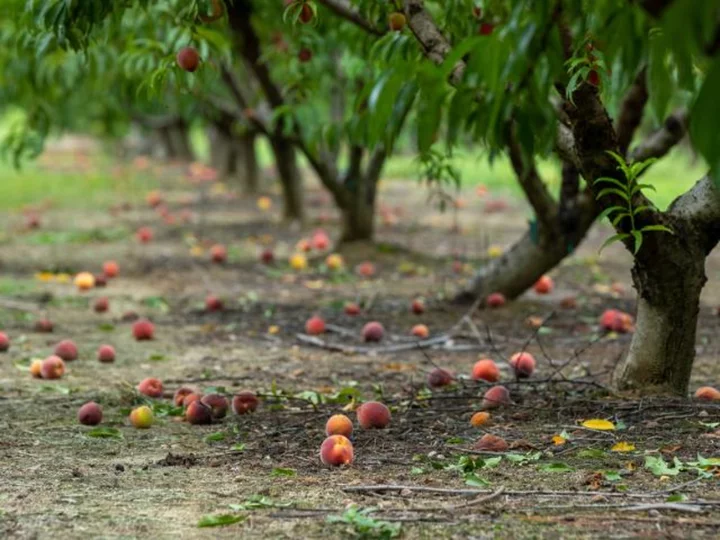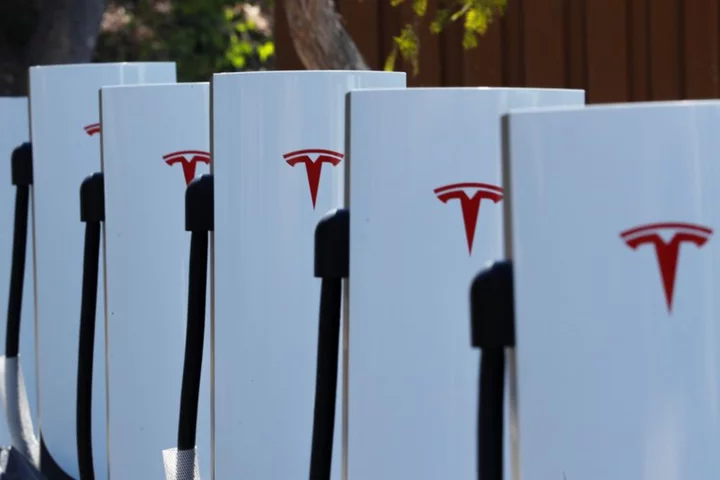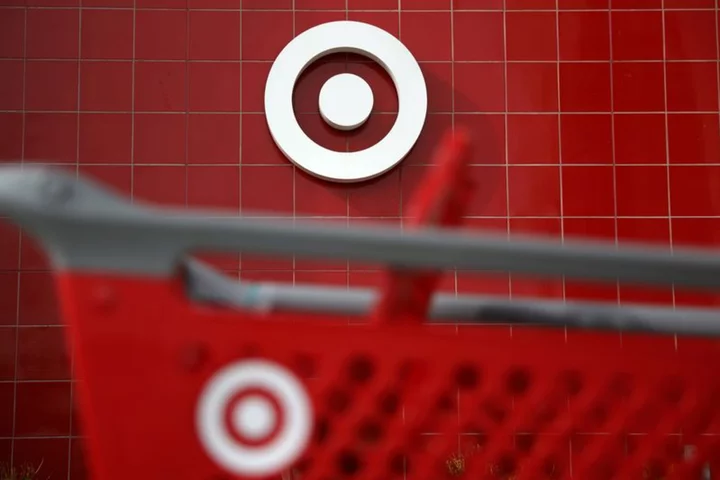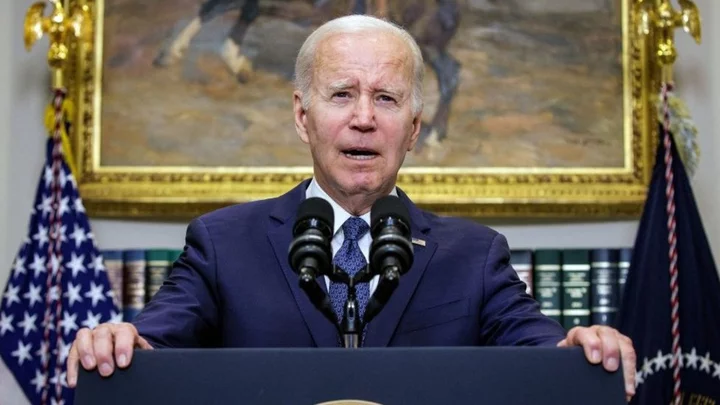Midsummer is the peak of juicy peach season in the state of Georgia. But, recently, the Peach Cobbler Factory in Atlanta ran out of peaches and was forced to pivot to... apple cobbler.
The Peach State lost more than 90% of this year's crop after a February heat wave followed by two late-spring frosts. The triple-whammy destroyed peach varieties specifically bred to survive different weather scenarios and wildly inflated prices of the fruit. It also moved much of the local market — in some cases, quite unwillingly — to California peaches.
But, beyond the toll this took on employment, the state economy, decades of tradition and restaurant menus, peaches are a matter of pride for Georgians. The peach is the state fruit. Its in the name of dozens of state roads. It's even on the flip side of the Georgia state quarter. So, how embarrassing is this?
Imagine if New York had to import bagels from Los Angeles.
Worst harvest in decades
Some people just won't do it. "Buying peaches from any other state is completely out of the question," said Henryk Kumar, the director of operations at Georgia ice cream shops Butter & Cream. Their summertime staples Peaches & Cream and Georgia Peach Sorbet flavors debuted July 1, he said, but eat fast. He predicted they'll run out before the end of the month.
CNN talked to farmers and agricultural groups who said they can't remember a more devastated peach crop. "I was talking to [an older farmer] and he said 1955 was the last time he saw it this bad," said farmer and peach grower Sean Lennon of Fitzgerald Farms in Woodbury, Ga. For the state, "Its a financial loss, but its much more than that."
The shortage forced Lennon to lay off many of his workers, including migrant workers he brings in through an H2-A Visa program every year. He said he's had to send workers who come to the US to support their families back to Mexico early due to lack of work.
Peach prices climb
Yes, Georgia peach prices have zoomed, he said, to about $40 for a box wholesale, from the usual $17-$20. Some buyers said boxes have climbed up to $60 a box wholesale. But most Georgia farmers don't have much fruit to sell.
Restaurateurs remaining loyal to the Georgia staple are faced with similar supply issues. Filipino restaurant Kamayan decided to combat the shortage by only offering their peach lumpias, a fruit-filled spring roll, on the weekends instead of daily.
Owner Mira Orino said that while her lumpias are popular, she would remove them from the menu before she would switch to canned peaches or out-of-state peaches.
But, given local prices, they're not making money on the ones they do sell, she said. "We are getting our profits from other items. [The peach lumpias] are a labor of love," said Orino.
The 'Seinfeld' peach cult
It's a short window of peak flavor for peaches, a point made legendary by a 1995 Seinfeld episode in which the character Kramer frantically sought out "Mackinaw Peaches," which, so the episode went, are available only two weeks a year.
(The internet disagrees sharply on whether the sitcom peaches came from the Michigan city of the same name, from its next-door neighbor Wisconsin, from Canada, or are simply mythical.)
This year's peach shortage forced many restaurants that couldn't do without them to turn elsewhere. Aunt Evelyn's Peach Cobbler, a four-bakery chain in Georgia, found themselves purchasing California peaches, said Aunt Evelyn's son and owner David Bruce. California is the leading grower of peaches in the US, followed by South Carolina, then Georgia, which annually produces about 130 million.
Georgia growers, restaurateurs and agricultural groups said they don't know what climate will do to the crop next year, but are hoping this is a once-in-a-lifetime phenomenon.
And in the meantime, Georgia peaches are selling like the Seinfeld-ian Macinkaw, a delicacy that Kramer described as "a miracle of nature, like the Aurora Borealis."









